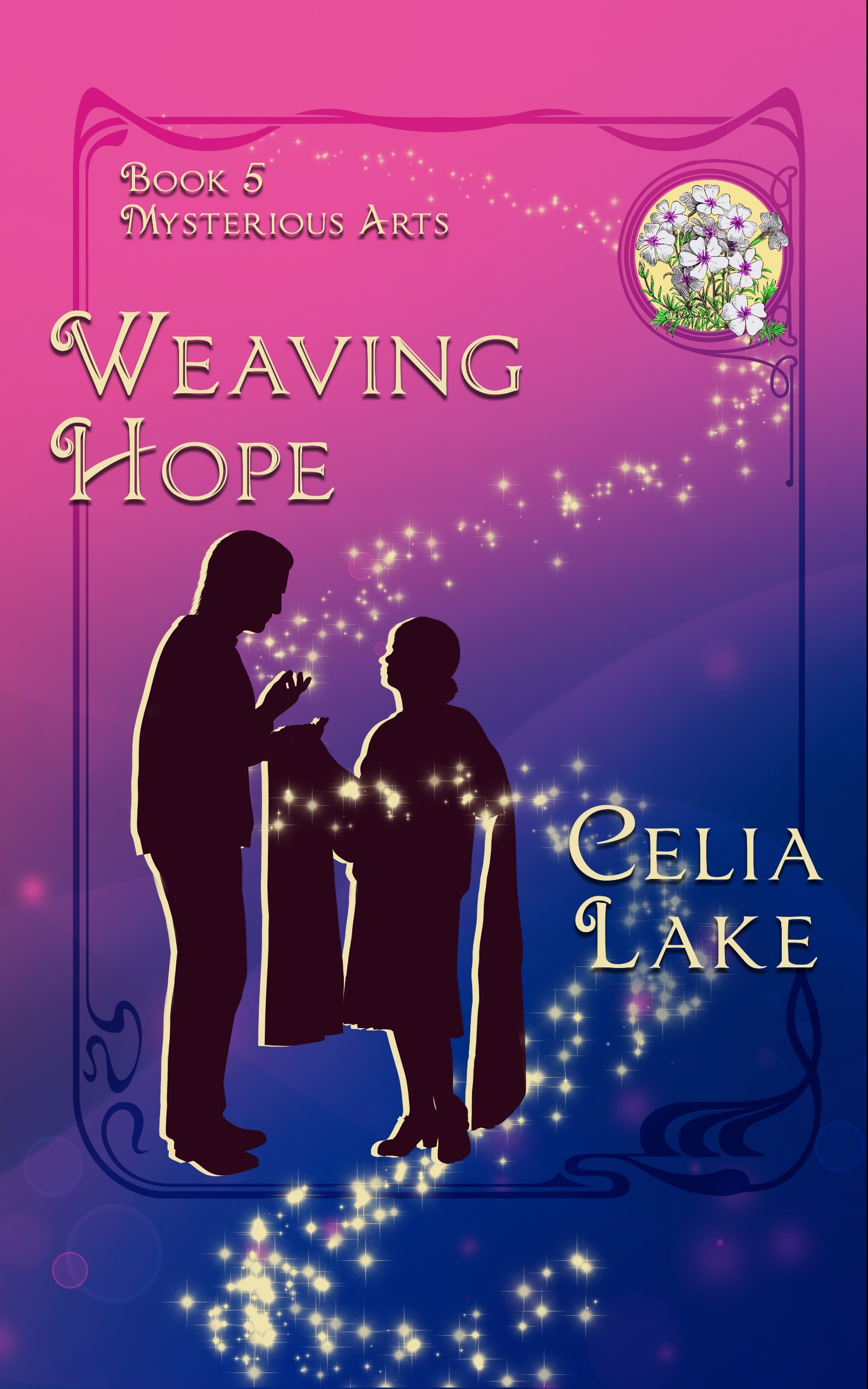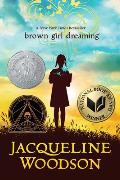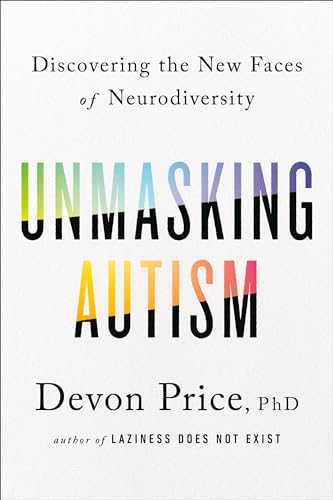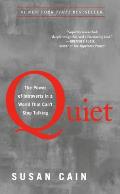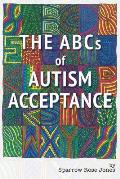I ran across this reference to a book by Ursula K Le Guin which was not science fiction or fantasy, and I was curious, so I got it out of the library. I had seen the title around over the years, and I imagined it was something like “Bridge to Terabithia” with people going to imaginary worlds, or maybe a travelogue about very remote wilderness places.
It had a little bit about an imaginary world, but no one goes there. It’s about two socially isolated high school seniors who find each other and become friends. It’s explicitly about being out of step with what’s expected. More indirectly, it’s about being neurodivergent. It’s about taking music seriously, and taking friendship seriously, and the ways relationships can be complicated and ruined by expectations, and maybe repaired again. It’s about despair and dissociation and disconnection and the double bind of loving expectations that don’t apply.
All that in 89 pages! Its location is never named, and while it has geographical elements of Portland OR (Le Guin’s home town), it seems like a smaller city than the Portland I knew.
Recommended!


